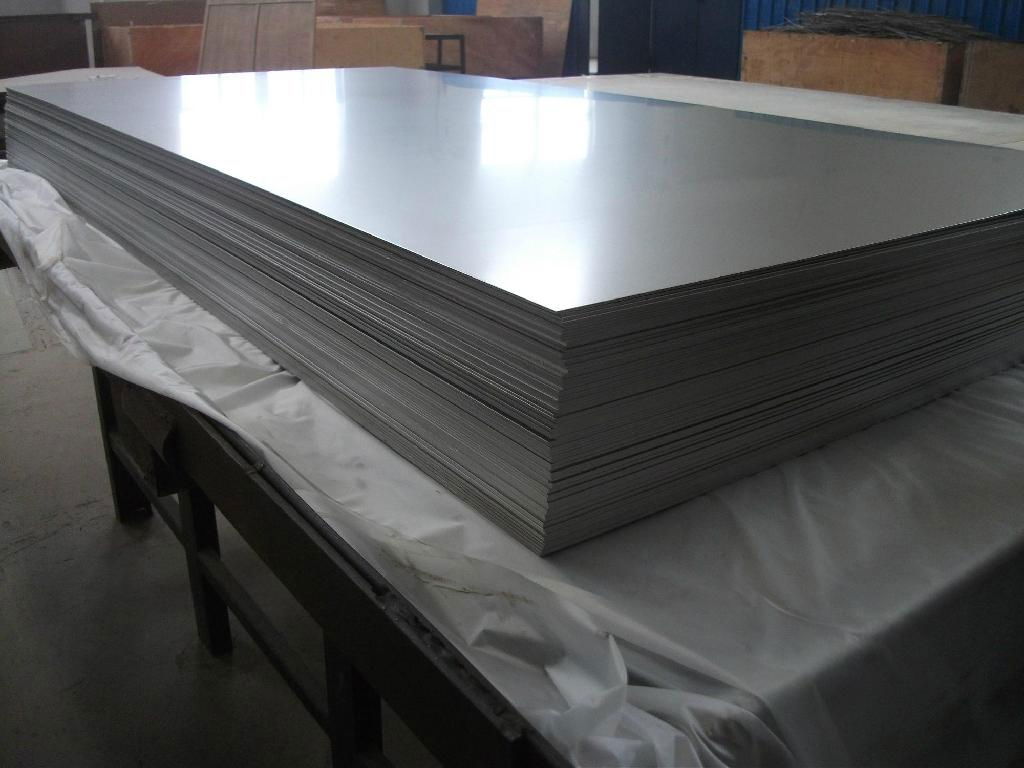Inconel is a group of superalloys, which are nickel-based. It demonstrates extreme resistance to corrosion and mechanical stress as well as to extreme temperatures. There are several common versions, including Inconel 600 and Inconel X-750. Although both are widely used, there exists considerable difference between their chemical composition, properties, and usage: each one is applicable only for some certain conditions of operation.
In this blog, we’re going to let you know the differences between Inconel 600 and Inconel X-750 with a main focus on their composition, applications, and why sheets of Inconel X-750 particularly are preferred more over others in certain sectors.
Inconel 600: Composition and Properties
Inconel 600 is a nickel-chromium alloy that enjoys high oxidation resistance, high-temperature stability, and good corrosion resistance. It finds extensive applications in chemical processing, nuclear engineering, and aerospace industries where materials are required to perform well under high heat and corrosive environments.
Some of the main properties of Inconel 600 are as follows:
Temperature Resistance: Withstands temperatures up to 1,093°C (2,000°F).
Corrosion Resistance: Highly resistant to organic and inorganic compounds, hence suitable for chemical processing and food production.
Oxidation Resistance: It remains stable in high-temperature high oxidation surroundings such as heat exchanger components and parts of furnace components.
Mechanical Strength: Really strong mechanical property irrespective of the environment.
Inconel X-750: Overview and Properties
Inconel X-750 is a nickel-chromium alloy that is just like Inconel 600, but the alloy has been alloyed with titanium and aluminum to create the ability to precipitation harden it. This gives the sheets of Inconel X-750 extraordinary creep and stress-rupture resistance, especially at high temperatures. Inconel X-750 is used in rocket thrust chamber, power generation, and nuclear reactors due to its extraordinary properties at high temperatures.
Main Properties of Inconel X-750
Precipitation Hardenable: Strength and wear resistance are improved through heat treatment.
Thermal Stability: Withstands up to 980°C (1,800°F) without cracking.
Corrosion and Oxidation Resistance: Provides excellent resistance against oxidation and aggressive environments.
Resistance to Creep Stress Breakdown: May be used for absorption of stress at elevated temperatures for extended periods thus permitting its application in turbine engines and nuclear reactors.
Chemical Composition
Comparison between Inconel 600 and Inconel X-750.Trademarked names are used here for ease.
Inconel 600: This composition has a very high nickel level at about 72% and chromium at 14-17% with little iron. It is more corrosion-resistant but does not have the precipitation hardening to enhance its strength.
Inconel X-750: This alloy contains the elements nickel at 70%, chromium at 15-17%, and some other elements like titanium and aluminium that can allow the precipitation hardening of the alloy and can increase the mechanical properties at several folds at high temperatures.
Mechanical and Thermal Performance
Although it is chosen primarily for outstanding resistance to corrosion and oxidation as well as good strength at elevated temperatures, it does not possess the precipitation hardening associated with Inconel X-750.
Compared to Inconel 600, Inconel X-750 possesses better-creep and stress-rupture strength compared with Inconel 600. Thus, for its applications where long-term stability at elevated temperatures is required along with mechanical stress, unaltered stability turns out to be superior, like turbine blades or nuclear reactors.
Applications of Inconel 600
The usage is in chemical processing, heat exchangers, furnace components, and nuclear reactors. Excellent corrosion resistance makes it ideal for applications that involve aggressive chemical corrosion and high-oxidation environments.
Inconel X-750 is highly utilized in the aerospace industry on features like blades of the turbine, bolts, and other high-performance engine parts due to its high strength, creep resistance, and stress-rupture properties. It is also used widely in nuclear reactors and power generation plants where materials must face prolonged exposure to high Temperatures.
Why Inconel X-750 Sheets?
Inconel X-750 sheets are used mostly in industries that involve constant high temperatures and mechanical stress. Some of the advantages that Inconel X-750 sheets offer include:
Appropriate strength- it is used in applications requiring both its mechanical strength and corrosion resistance
Resistance to Temperature- they can endure temperatures up to 980°C, which is perfect for use in turbine engines and aerospace components.
Longevity: Since the oxidation resistance and mechanical stability are considered together as one, the components endure a long duration of operational life in the sheets of Inconel X-750.
Conclusion
Inconel 600 is excellent, like Inconel X-750, for high-temperature and corrosive applications; however, they have different requirements in service because of their different properties. While Inconel 600 is popular due to its corrosion resistance and ability to withstand heat, it is an excellent alloy used for chemical processing and heat exchangers. In contrast, Inconel X-750 provides mechanical strength and creep resistance combined with superior stress-rupture characteristics, making it an indispensable application in aerospace, power generation, and nuclear industries.
Determine the appropriate material for your application according to particular environmental conditions and stresses experienced by the application. The sheets of Inconel X-750 seem to be a better material for high-temperature and high-stress applications when compared to enhanced mechanical properties and lifespan.
for more Information visit our website : https://technonetwork.co.in/

